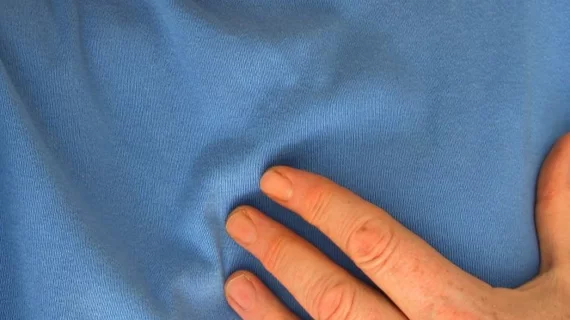Eleven professional medical societies have jointly released recommendations for standardizing the use of PET/CT and SPECT/CT imaging techniques when evaluating patients with suspected cardiovascular infections. With the increasing prevalence of infections due to prosthetic heart valves and implanted devices, improving outcomes for patients relies on rapid identification.
The consensus statement, which has been published in multiple medical journals, emphasizes the complementary nature of imaging modalities such as echocardiography, cardiac CT angiography, radiolabeled leukocyte SPECT/CT, and 18F-FDG PET/CT in identifying infections quickly and measuring their extent. The statement proposes detailed guidelines and clinical protocols for the use of these imaging techniques in various scenarios, including device-related infections.
"The stakes are high with cardiovascular infection because the incidence is increasing and there is associated high morbidity and mortality," Jamieson M. Bourque, MD, from the University of Virginia School of Medicine and lead author of the consensus statement said in a press release. "Other guidelines have recognized that FDG PET/CT and SPECT/CT imaging have high diagnostic accuracy with cardiovascular infection and can provide important information on the infection site, severity, cause and whether the infection has spread outside the heart. This document does what others have not—it provides evidence-based consensus on specific clinical scenarios where FDG PET/CT and SPECT/CT add value for patient care in the context of robust multimodality imaging approaches available."
The recommendations are endorsed by the 11 medical societies, including the American College of Cardiology and the Infectious Diseases Society of America. All partnering organizations signed on as co-authors, believing the proposed standard imaging protocols will produce the best outcomes for patients.
The full statement can be read by clicking here.

